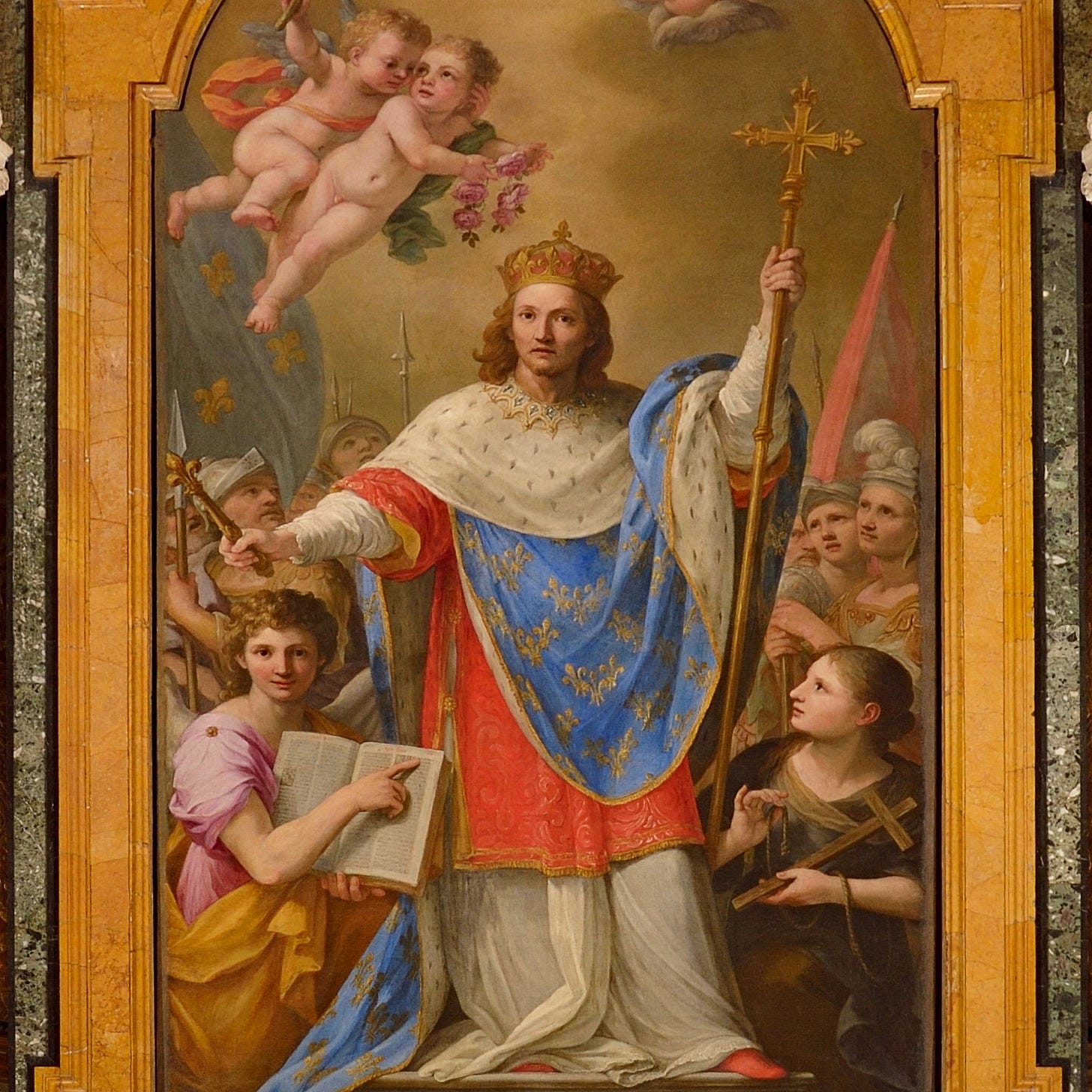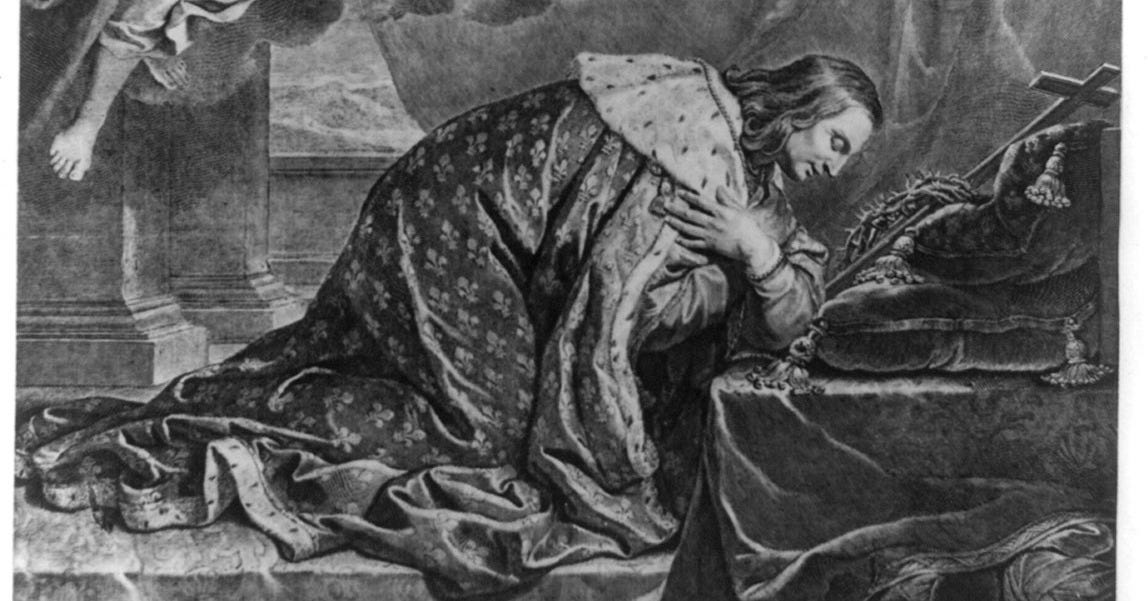Christians Should Seek Political Power
An ancient teaching on authority
Is the Christian life incompatible with political power?
Many Christians seem to think so, as they see political power as a dominance of one over the other, something that corrupts, a necessary evil for societal living.
Yet, there is an older Christian view.
As the gardener tends his plants, so too does the ruler tend the ruled. Like a man who comes upon an unkept garden, the Christian must agree to cultivate a rule that is good for his soul and that of his neighbor.
This ancient Christian teaching can refresh your political imagination and transform your view of power and authority into something beautiful.
Reminder: you can support our mission and get all our members-only content for just a few dollars per month:
New, full-length articles every Tuesday and Friday
The entire archive of members-only essays
Access to our paid subscriber chat room
Power as the Dominance of the Will
You may think power is about domination. Many see holding power over others, especially political authority, as a forceful coercion. It is something beneficial to the ruler and detrimental to the ruled—that those ruled always suffer some violence against their autonomy, as their will is subordinated to the will of the one in authority. At best, in this view, political power is a necessary evil, a practical necessity of functioning as a society. Man is naturally egalitarian, equal, and autonomous, but politics forces him into an artificial hierarchy that grates against his freedom.
Many people see political power in this light and are drawn to it for their own gain.
Many Christians see political power in this light and reject it, seeing the seeking and holding of authority as contrary to the Gospel.
Yet, this causes a problem. If good men and women eschew political power, then political power is handed to the vicious. Recall Socrates’ warning at the beginning of the Republic: the punishment for good men who will not rule is to be ruled by lesser men.
Should Christians seek and wield political power?
A Christian Understanding of Power
The modern view of power is not the Christian view—though many Christians have adopted it. True power and authority are not the dominance of one will upon the other, but rather the one in authority is charged with the perfection of all under his or her care. For example, when Adam and Eve where given authority over the earth, that did not mean they could use it for whatever they willed—but rather they were charged with cultivating it according to its nature and perfection (Gen 1:28). Authority is like the gardener who knows what the plants need to flourish and tends to their needs in order that they bear fruit. The gardener who crushes the plants in an attempt to have them bear fruit by force is no more a gardener than a ruler who does the same with his people.
Many have conflated tyrannical rule with political rule itself. Yet, Christians hold that true power and authority shepherds all within the ambit of its care toward perfection. It is a view of authority espoused by St. Augustine and St. Thomas Aquinas with roots in the Old Testament and in pagan thinkers like Plato and Cicero.
Another example is the headship of the father over the family. If this is viewed as a tyrannical dominance, then the authority is disordered and the family suffers. If however, as St. Paul teaches, this authority is one of self-sacrifice, the family flourishes (Eph 5:23). The husband loves his wife as Christ loves his Church.
When you understand that authority and power are not about a dominance of the will but about tending to the perfection of a thing, you come to understand that hierarchy is good and beautiful. The higher is always charged with the perfection of the lower, and in doing so, the lower contributes to the perfection of the higher—just as a father who tends to the formation of his children grows in virtue himself.
Christians Should Seek Political Power
Christians should seek political power for the good of their soul and that of their neighbor. Like a man who finds a garden unkept, so too should good men and women tend to society for their good and the good of those they serve. Christians hold that power is not evil, for Christians model their concept of power off the Providence of God. The power of God, under His Eternal Law, moves all things within this cosmos toward their good. He is all-powerful (omnipotent) but also all-good, which models for you that power and goodness are not competitive.
Remember Plato’s warning: the punishment of good men who will not rule is to be ruled by lesser men.
Dcn. Harrison Garlick is a deacon, husband, father, Chancellor, and attorney. He lives in rural Oklahoma with his wife and five children. He is also the host of Ascend: The Great Books Podcast. Follow him on X at Dcn. Garlick or Ascend.





Indeed, power is not domination:
If I then, your Lord and Teacher, have washed your feet, you also ought to wash one another’s feet. For I have given you an example, that you should do as I have done to you. Most assuredly, I say to you, a servant is not greater than his master; nor is he who is sent greater than he who sent him. If you know these things, blessed are you if you do them. John 13:14-17.
My vegetable garden feels my power as I nurse it and serve it.
This is a much-needed reframing of political vocation. In the classical Christian vision (as you point out via Augustine and Aquinas), power is always teleological, ordered not toward domination but toward the perfection of the whole. I’ve written elsewhere on how the modern suspicion of authority stems in part from a deeper Pelagian anthropology: the belief that self-will is pure and that external ordering is always oppressive. But Scripture and tradition point us elsewhere: toward hierarchy as a form of loving service, and toward rule as a sacred charge.
We need more Christians who understand this and are willing to step into power; not for prestige, but for stewardship. Thank you for articulating that so well.